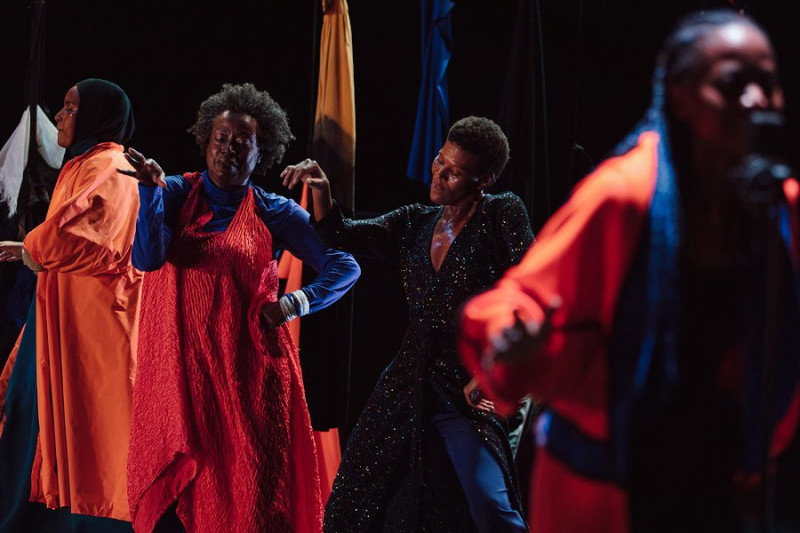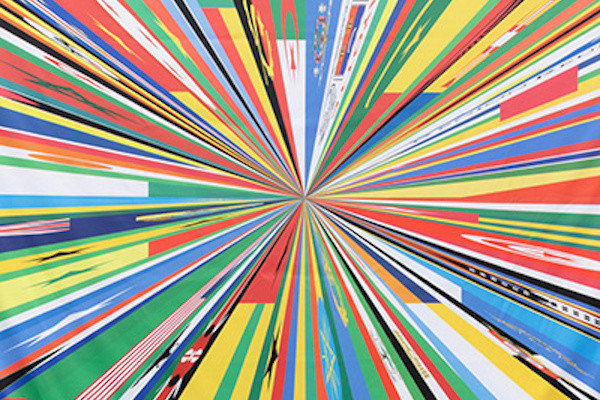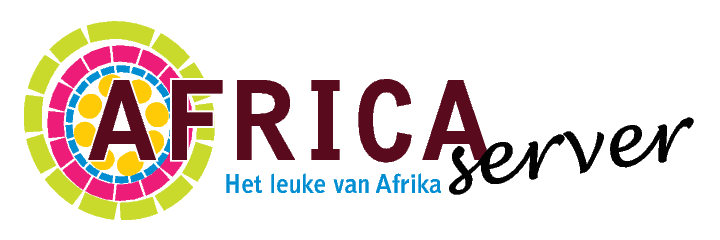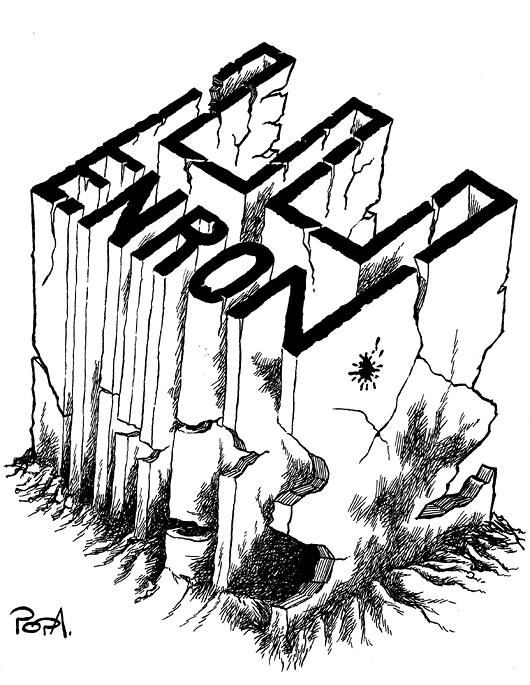Vrijdag 11 Juni 2021

Holland Festival 2021: Mailles - Dorothée Munyaneza
Donderdag 10 Juni 2021 20:30
t/m Zaterdag 12 Juni 2021
Voor haar werk Mailles, ‘weefsel’, verzamelde choreograaf Dorothée Munyaneza, zelf afkomstig uit Kigali (Rwanda), een groep van zes heel verschillende kunstenaars op een podium. Met ieder van hen voelt ze een diepe verwantschap, vanwege hun kracht en maatschappelijke betrokkenheid. De vrouwen zijn Afrikaans, of hebben Afrikaanse roots, en spreken zich uit over hun ervaringen met geweld en onderdrukking. Tegelijkertijd vieren ze hun vrouwelijke kracht. Iedere vrouw vertelt haar verhaal in haar eigen taal, op haar eigen manier – van spoken word tot flamencodans. Ontwerpster en beeldend kunstenares Stéphanie Coudert verbindt met kleding en decor de verschillende elementen. Zo ontstaat op het podium een knooppunt waar alle verhalen samenkomen. Munyaneza omschrijft de groep: ‘Onze verhalen zijn met elkaar verknoopt. Wij zijn melodieën. Wij zijn menselijkheid. Wij vormen knooppunten. Voorbij identiteit, zijn we een geografisch, generationeel en professioneel netwerk.’

Meschac Gaba - Citoyen du Monde
This exhibition is the second of twin survey shows focusing on the central tenets of the artist’s practice. Bringing together installation, sculpture and two-dimensional works dating between 2008 and 2018, Citoyen du Monde provides an overview of Gaba’s visual theses on nationalism, citizenship and the human toll of statecraft. The works exemplify how Gaba has identified spaces of belonging in both the Global North and South while examining the structures that construct this division. Raised in Cotonou, studying at the Rijksakademie, living in Rotterdam and retiring in Cotonou, Gaba has attributed his nomadism and experiences of migration as key to his own understanding of his Africanness. Translating as ‘Citizen of the world’, the phrase used as the title of this exhibition was first seen in Gaba’s oeuvre as the title of his 2012 ‘banner’, expressing an ideal of unity through the construction of a global flag. This radiant amalgam of the world’s national symbols, taken further in the direct allegory of his large-scale Globalloon (2013), echoes the artist’s vision for solidarity. Like the Globalloon, African Unity (2018) is underpinned by a principle that centres idealism in an attempt to ‘infuse a playfulness into our perceptions of the world – in turn, making the world a better place for us all’. As Phyllis Clark Taoua and Taylor Kathryn Miller have observed, ‘Gaba plays with the imagery of nationhood and his irreverent treatment of where political communities begin and end unsettles the once sacred narrative of national liberation.’ The economic and geopolitical intersections that inform how nationhood is constructed in an increasingly globalised marketplace are articulated in Project Voyage (2012), the Diplomatique series (2008-13) and Zimbabwe Survival (2016). The latter works feature devalued and decommissioned banknotes as part of their structure, examining the nation as commodified and commodifying force.

 Africaserver Agenda RSS Feed
Africaserver Agenda RSS Feed